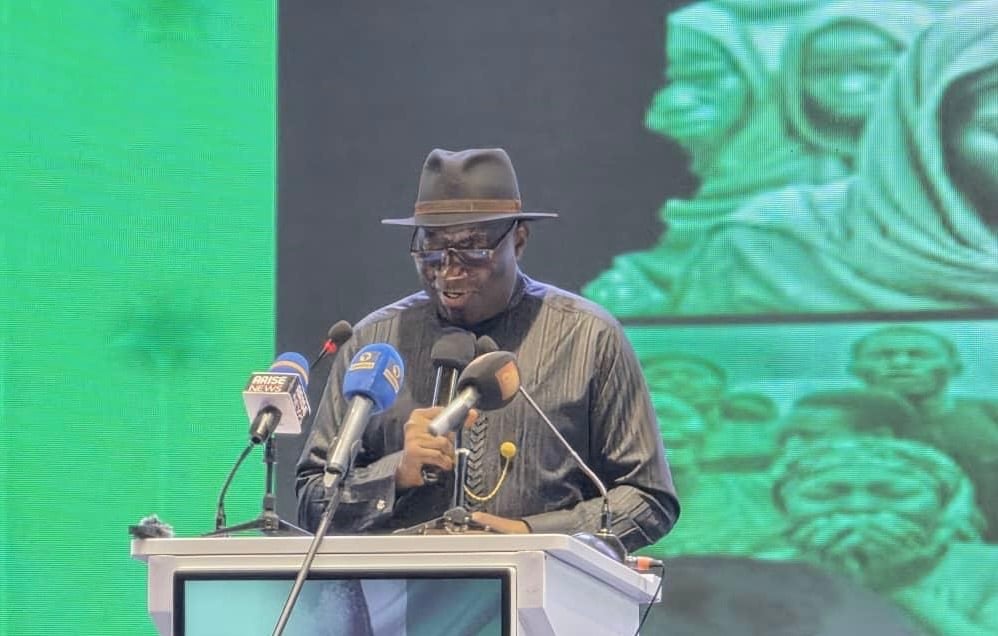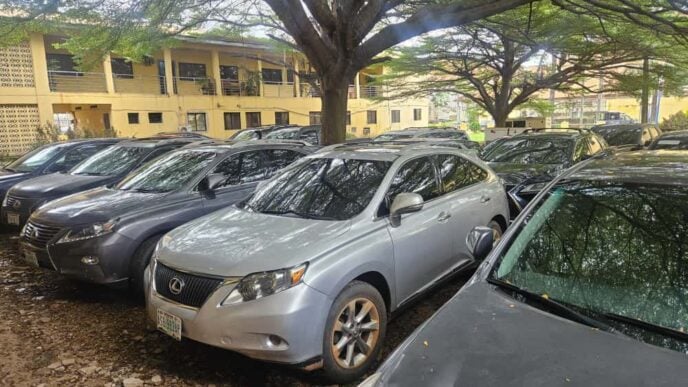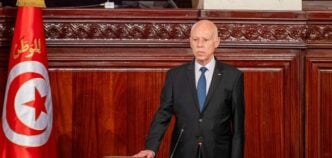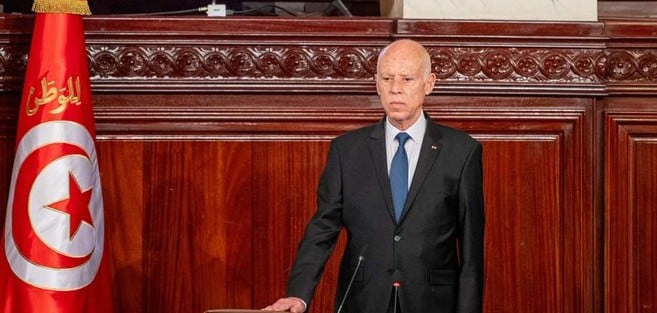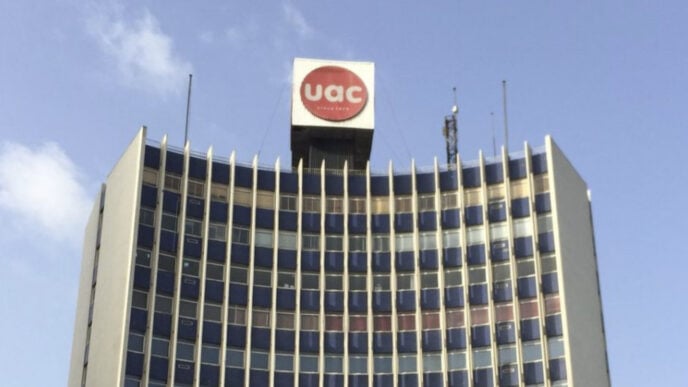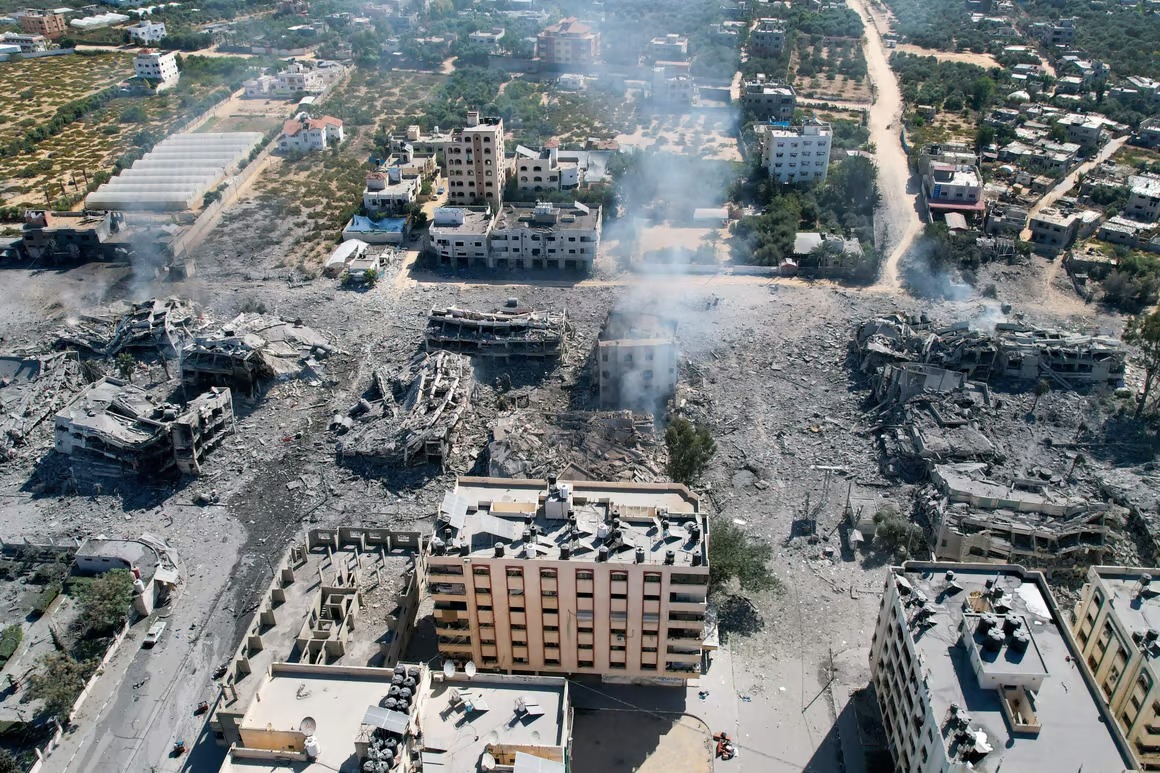Former President Goodluck Jonathan says the abduction of the Chibok schoolgirls in 2014 remains a permanent scar on his administration and personal life.
Jonathan spoke on Friday in Abuja at the public presentation of ‘Scars: Nigeria’s Journey and the Boko Haram Conundrum’, a book written by Lucky Irabor, retired chief of defence staff.
“It (the abduction) is a scar I will die with. But perhaps later, more details may become known, and that too has to do with Boko Haram,” he said.
The former president recalled that during his administration’s efforts to engage Boko Haram in dialogue, the group nominated Muhammadu Buhari, who later succeeded him in 2015, as their preferred negotiator.
Advertisement
“[In] one of the committees we set up then, Boko Haram nominated Buhari to lead their team to negotiate with the government,” Jonathan said.
“So I was feeling if they nominated Buhari to represent them and discuss with the government committee, then when Buhari took over, it could have been an easy way to negotiate with them and they would have handed over their guns. But it (Boko Haram) was still there till today.”
Jonathan said Buhari’s inability to end the Boko Haram insurgency indicates the complexity of the group’s activities.
Advertisement
“If you conduct research and interview many people, you will only get part of the story, but never the full story of Boko Haram,” he said.
Jonathan said Boko Haram started in 2009 when he was vice-president to Musa Yar’Adua, and that after assuming office in 2010, he spent the next five years battling the insurgency until he left power.
“I thought that after I left, within a reasonable time, General Buhari would wipe them out. But even today, Boko Haram is still there. The issue of Boko Haram is far more complex than it is often presented,” he said.
“So, it’s a bit complex, and not a matter of a single story. But I believe, as a nation, we have to look at the Boko Haram issue differently from the conventional approach.”
Advertisement
Buhari, who succeeded Jonathan in 2015 and served until 2023, died in July 2025.
Janothan expressed optimism that the nation would defeat the insurgency someday.
“I believe one day we will overcome it. Once again, let me thank general Irabor for this, because I always appreciate people who document events clearly. That way, when we write our own accounts, we can borrow from such documentation,” he said.
“I also believe that all the military officers involved in the Boko Haram saga should provide information about what the group truly stood for.”
Advertisement
Jonathan said that if the insurgency had been only about hunger, the government’s efforts might have resolved it, noting that his administration explored different options.
He said his government did its best by setting up various committees and adopting multiple approaches during his five years in office, adding that the late Buhari must also have tried his best.
Advertisement
